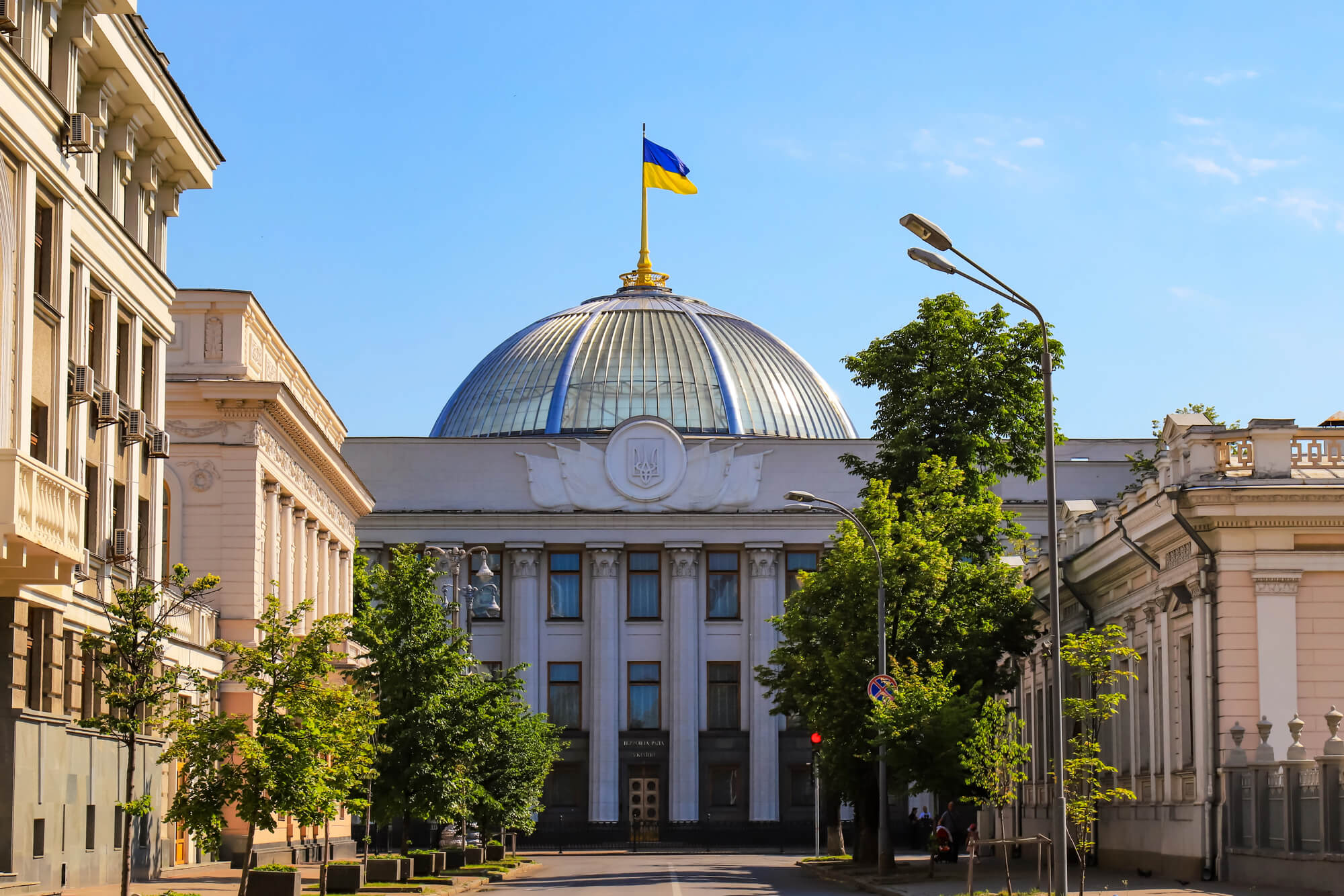A number of articles have recently appeared extolling the reform efforts of Ukraine since the 2014 Maidan Revolution which ousted the previous kleptocratic Yanukovych regime[1]. As an observer of the reform process over several decades culminating with my involvement in the Economic Advisory Council formed by Minister Pavlo Sheremeta at the Ministry of Economic Development and Trade in the immediate post Maidan era, I have witnessed numerous false starts and disappointments.
In answer to the question “Has there been any progress in the past three years?” The answer is an unequivocal “Yes” by almost all objective analysts. The achievements generally cited include the reduction in the budget deficit, the reduction in inflation, the clean-up of insolvent banks, the move to market pricing of gas, a more transparent procurement system and the increase in currency reserves. All of these are laudable and were achieved despite the duress of the Russian occupation of Crimea and aggression in the Donbas.
Unfortunately, however, these achievements are far from enough to ensure Ukraine achieves its growth potential. In fact, the anemic 1-2% projected growth is itself prima facie evidence of insufficient reforms and far from enough to begin a catch up to Ukraine’s Western neighbours. The list of unachieved reforms is extensive. The major ones would include the lack of a market in agricultural land, the failure to privatize thousands of state companies, the continued excessive levels of regulation and bureaucracy, an unstable taxation and royalty structure, an unreformed pension system and a dysfunctional medical system. And this is clearly only a partial list.
In seeking an explanation of the reasons for the lack of reforms, time is often cited, by the leadership and its supporters as in earlier days on non-reform. But one needs to look no further than the continued systemic corruption which prevails and the political control exercised by a powerful group of oligarchs. By most international measures, Ukraine continues to languish as one of the most corrupt countries in the world with only minor progress over the past three years. Of twenty-five post-Communist countries, only four (Kyrgystan, Tajikistan,Turkmenistan,Uzbekistan) rank worse than Ukraine on Transparency International measures. As a consequence, needed reforms are suppressed or delayed by those interests who benefit.
The examples are myriad. Land market reform is not in the interests of the powerful agricultural lobby which benefits from the corrupt leasing of land currently in effect. The privatization of state companies is against the interests of those parties who control and exploit government corporations for their own benefit through corrupt practices. Regulation and bureaucracy are being used to further the interests, for example, of the owners of electricity generating companies who benefit from corrupt rulings. The royalty structure on oil and gas extraction has been manipulated to the disadvantage of foreign investors. Excessive government pensions are provided to a select group while the average participant is held to meagre earnings and the entire system is rendered financially non-sustainable by provisions for early retirement. Powerful interest which control the corrupt purchase of pharmaceutical supplies through off-shore intermediaries have no interest in reform of the medical system.
Such corrupt practices all are dependent on the continuation of a corrupt system of law enforcement which includes police, prosecutors and judges. As a consequence, the key to reform are reforms in the justice system and the establishment of the rule of law, in addition to the further liberalization of the business environment. Under the pressure of international lenders, such as the IMF, EBRD and World Bank, and the international community, including principally the EU and the USA, Ukraine has been forced to adopt some anti-corruption measures. As often cited, the principal measures taken have been the establishment of the National Anti-Corruption Bureau of Ukraine (NABU), the Anti-Corruption Prevention Agency, the Prozorro electronic purchasing system and the mandatory Declaration of Assets by government officials. A modicum of reform has occurred in the law enforcement system, with the creation and hiring of new road patrol officers. Some “lustration” has resulted in the firing of a hand-full of law enforcement officers, prosecutors and judges.
Unfortunately, these efforts have been effectively stymied by the forces of political control in the country which dominate the government and the parliament. Thus we see that the personnel of NABU is being harassed and not getting co-operation from other sectors of law enforcement. Corruption exposers such as Saakashvili attacked and stripped of citizenship. The Declaration of Assets have been made but very little follow up in the form of investigation or prosecution has resulted. In fact, the Declaration process has even been used as a weapon against the elements of civil society most active in anti-corruption activity! The process of reform of the Supreme Court has been high-jacked by the political leadership to simply appoint judges who can be controlled, including those with clear histories of corruption and involvement in anti-constitutional rulings. The input of civil society is effectively being ignored in the appointment process. Anti-corruption prosecutions continue to languish in the courts and high level defendants are often being allowed to escape the country or to be released without judgements.
The consequences are clearly obvious.
Both the domestic and the international business community fully recognize the fundamentally unreformed business environment which prevails in Ukraine. Foreign investment in Ukraine continues to be at minuscule levels attracting only highly speculative capital or those willing to collude in corruption, such as Russian mafia.
While the continued war in the Donbas is certainly a major contributing factor, the lack of economic reform and failure to establish a proper rule of law are key elements to the reluctance of investors to enter the market. Without extensive foreign investment, Ukraine has little chance to realize on the tremendous potential which its EU Agreement, location, natural resources and educated workforce offers. Economic growth, having undergone massive retrenchment and depression, has very little chance to achieve levels beyond the anemic 1-2% which is being projected. Only a significant reversal in the governance of Ukraine can result in a commitment to true fundamental reforms and the robust economy recovery and growth so badly needed.
To bring about a reversal of policy will require the combined pressure of civil society, international funding agencies, foreign governments, reform media and the voting public. Fundamental reforms are unlikely to occur under the present regime but continued progress must be demanded. Ultimately, the political process must bring to power those forces which are committed to clean-up the pervasive corruption which is currently blocking economic progress. The threat to economic growth and even democracy of the existing corruption cannot be ignored by wishful thinking.
Notes:
[1] For more information please visit: Atlantic Council, Kyivpost, Atlantic Council
Main photo: depositphotos.com / belchonock
Attention
The author doesn`t work for, consult to, own shares in or receive funding from any company or organization that would benefit from this article, and have no relevant affiliations



